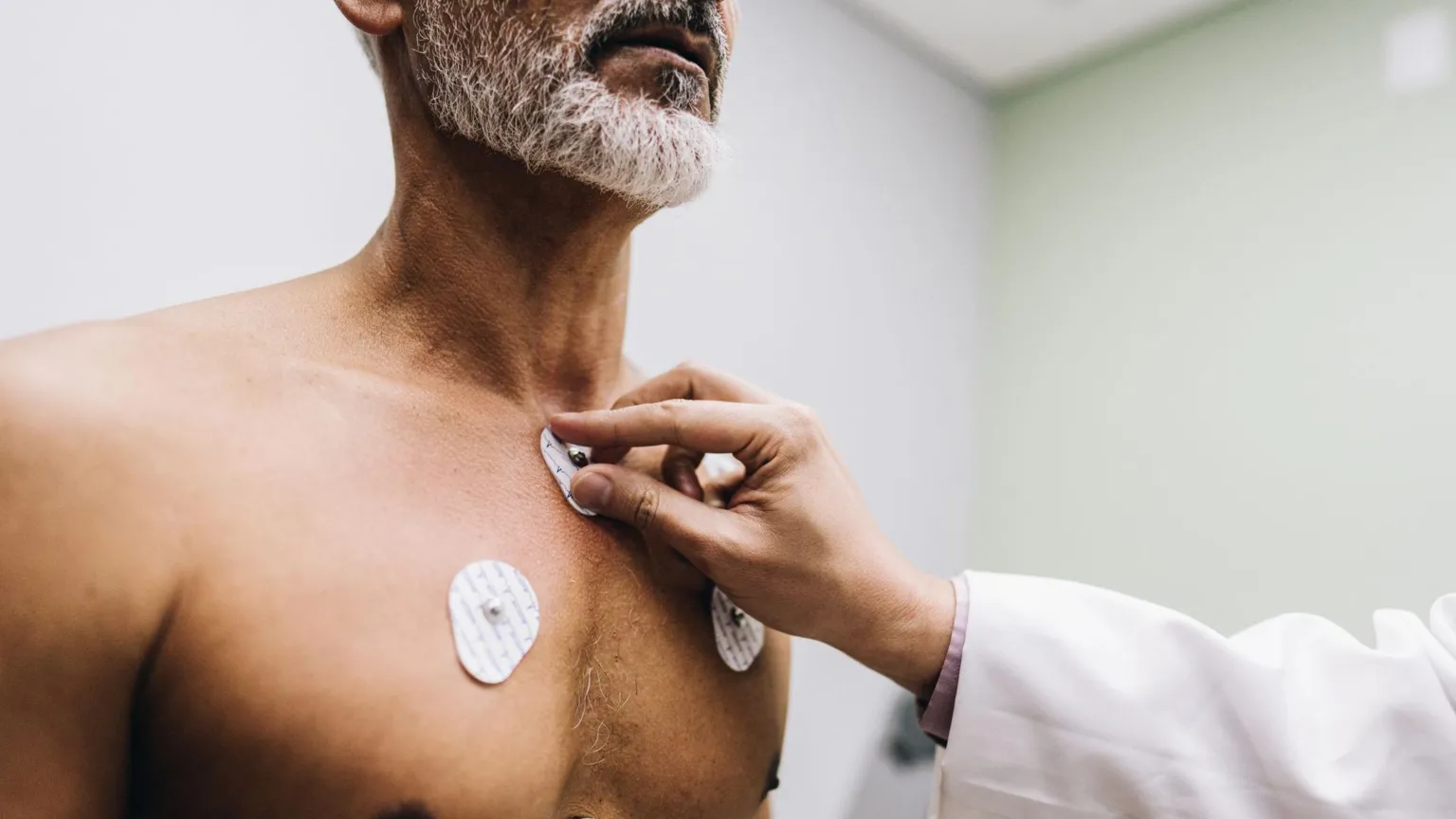Hospitals in England Trial AI for Diabetes Risk Detection
AI Systems Revolutionize Diabetes Prevention
Hospitals in England are pioneering the use of artificial intelligence (AI) systems to identify individuals at risk of developing type 2 diabetes. These cutting-edge trials aim to enhance early detection and prevent the long-term complications associated with the disease.
Early Intervention as a Key Goal
The primary objective of the AI initiative is to enable early intervention strategies. By identifying high-risk individuals before symptoms develop, healthcare providers can implement lifestyle changes and medical interventions to reduce the likelihood of disease progression.
How AI Identifies Diabetes Risk
AI systems analyze vast amounts of patient data, including medical histories, genetic information, and lifestyle factors. Advanced algorithms then assess patterns and predict the likelihood of a patient developing type 2 diabetes, offering actionable insights to clinicians.
Streamlining the Screening Process
Traditional diabetes screening methods can be time-consuming and resource-intensive. AI streamlines this process by quickly analyzing data and prioritizing high-risk cases, allowing healthcare professionals to focus their efforts on the most vulnerable patients.
A Collaborative Effort Between Tech and Medicine
The trial is a collaborative effort involving leading healthcare institutions and technology companies. This partnership ensures the integration of advanced AI technology with clinical expertise, maximizing the system’s accuracy and reliability.
Targeting High-Risk Populations
The AI trials are particularly focused on high-risk populations, including individuals with a family history of diabetes, obesity, or sedentary lifestyles. Early results suggest that the technology is effective in identifying at-risk individuals who might otherwise go unnoticed.
Reducing the Burden on Healthcare Systems
Type 2 diabetes is a major burden on the NHS, accounting for significant healthcare costs and resources. By preventing the onset of the disease, AI technology has the potential to alleviate pressure on healthcare systems and improve patient outcomes.
Addressing Disparities in Healthcare Access
AI technology also offers the potential to address disparities in healthcare access. By implementing these systems across diverse communities, hospitals aim to ensure that vulnerable populations receive timely and equitable care.
Ethical Considerations in AI Use
While the technology shows promise, its implementation raises ethical concerns. Issues such as data privacy, algorithmic bias, and patient consent are being carefully addressed to ensure the responsible use of AI in healthcare.
Training Healthcare Professionals on AI
As AI becomes more integrated into medical practice, training healthcare professionals to interpret and utilize AI-generated data is crucial. Hospitals are conducting workshops and educational programs to equip staff with the necessary skills.
Patient Reactions to AI Technology
Patients have shown mixed reactions to the use of AI in healthcare. While some embrace the innovation and its potential benefits, others express concerns about accuracy and the depersonalization of medical care.
Potential for Broader Applications
The success of these trials could pave the way for broader applications of AI in healthcare. Beyond diabetes, similar systems could be developed for the early detection of other chronic diseases, such as heart disease and cancer.
Monitoring and Evaluation of Trials
The trials are being closely monitored and evaluated to assess their effectiveness and identify areas for improvement. Initial findings will inform future implementations and the potential nationwide rollout of AI systems.
A Step Toward Personalized Medicine
AI-driven risk detection represents a step toward personalized medicine, where interventions are tailored to individual patients. This approach not only improves outcomes but also enhances the overall patient experience.
Transforming Diabetes Care in England
The integration of AI in diabetes risk detection has the potential to transform healthcare in England. By combining innovation with proactive care, hospitals aim to reduce the prevalence of type 2 diabetes and promote healthier communities.

































